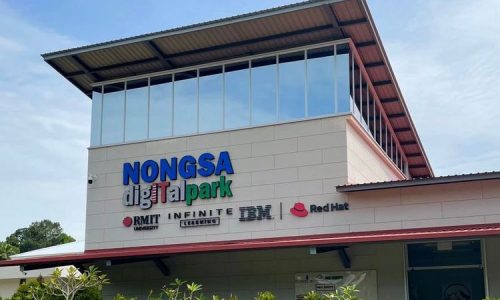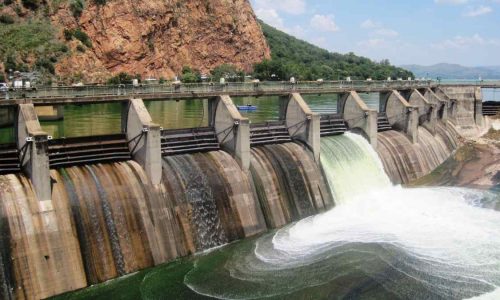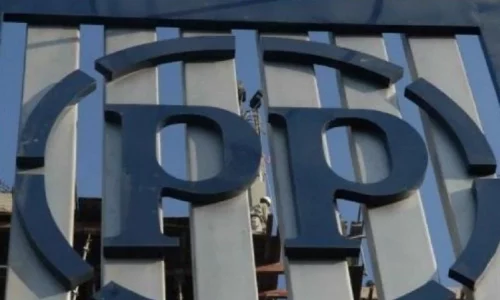The Ministry of Communication and Information Technology (Kominfo) in Indonesia aims to propel the country’s internet speed into the top ten globally by providing incentives for 5G network development. However, telecom operators are reluctant to aggressively expand their 5G networks, citing unprofitable business models.
Ririek Adriansyah, CEO of Telkom Group, revealed that no telecom operator worldwide is currently profiting from 5G operations. Despite generating revenue, the business has yet to turn a profit, leading to a slowdown in 5G network expansion.
Adriansyah explained that the 5G business is currently stagnating, prompting operators to curb their 5G network expansion plans due to lower-than-expected profitability. Telkom’s 5G deployment has been modest, as the necessary 5G spectrum is not yet widely available. Only 5-6% of Telkom’s total customers use handsets equipped with 5G technology, making massive development impractical.
While Indonesia initiated 5G infrastructure development in May 2021, the Global System for Mobile Communications Association (GSMA) estimates that the government could lose economic benefits amounting to IDR 216 trillion if it does not reconsider its approach. GSMA analysts predict potential socio-economic benefits of around IDR 216 trillion from 5G between 2024 and 2030. However, this potential could be lost if spectrum prices increase.
GSMA’s report, titled ‘Sustainable Spectrum Costs to Strengthen Indonesia’s Digital Economy,’ forecasts a more than fivefold increase in the annual total spectrum cost for mobile operators in Indonesia since 2010. This comes at a time when industry revenues have declined by 48% since 2010.
The current ratio of annual frequency spectrum costs to mobile revenue in Indonesia is 12.2%, higher than the Asia-Pacific average of 8.7% and the global average of 7%.
Julian Gorman, Head of Asia Pacific GSMA, emphasized Indonesia’s status as one of the largest digital economies with rapid growth in the Asia-Pacific region. The slow pace of 5G adoption in Indonesia necessitates careful government approaches due to geographical challenges and market readiness. It is estimated that 80% of Indonesia’s total population will use 5G services by 2030.
GSMA recommends several measures for the Indonesian government to maximize the benefits of 5G:
- Auction 5G frequency spectrum while reducing minimum bid prices;
- Review spectrum prices;
- Add frequency spectrum suitable for 5G internet;
- Provide incentives for the industry to invest in digital infrastructure.
GSMA emphasizes the need for a mature regulatory framework to ensure a successful auction process, creating fair reciprocity for the government and accelerating digital growth.









